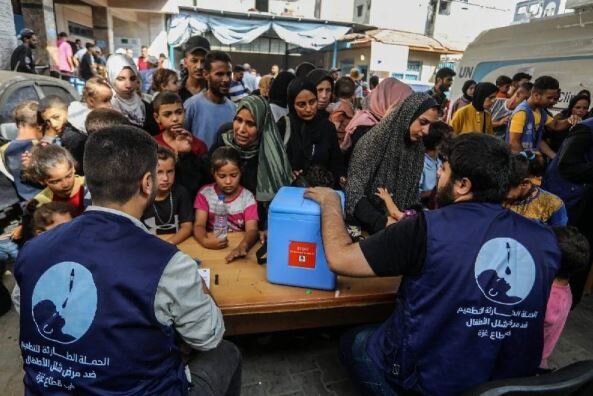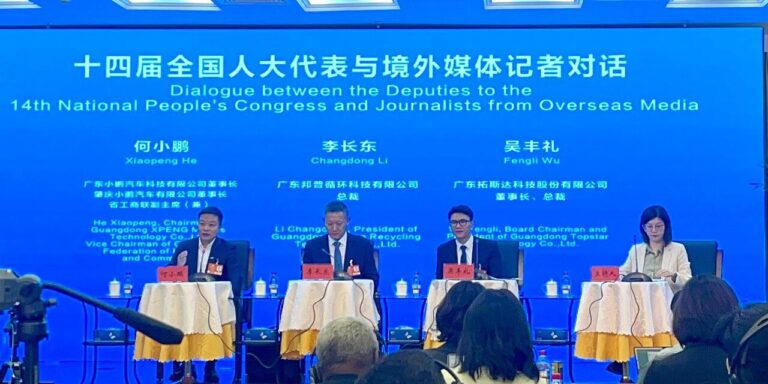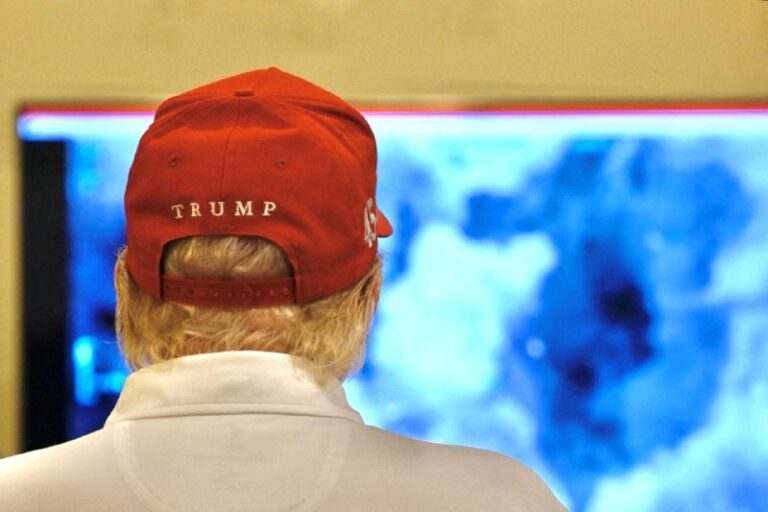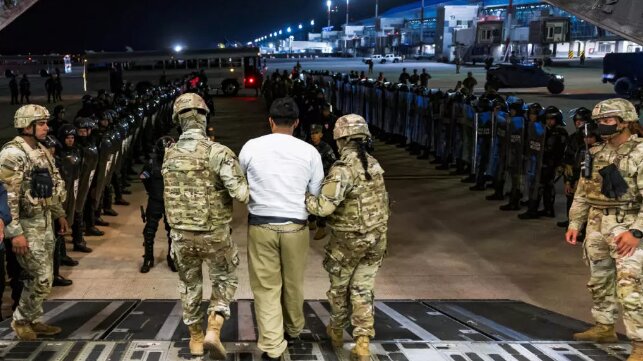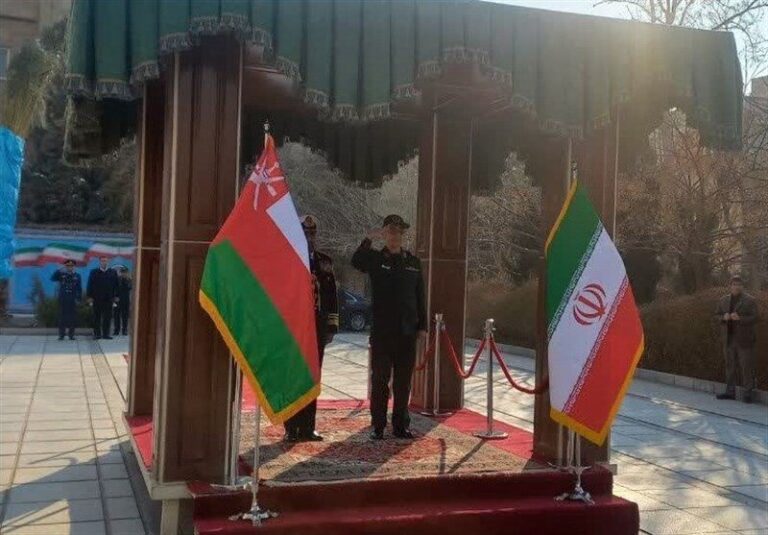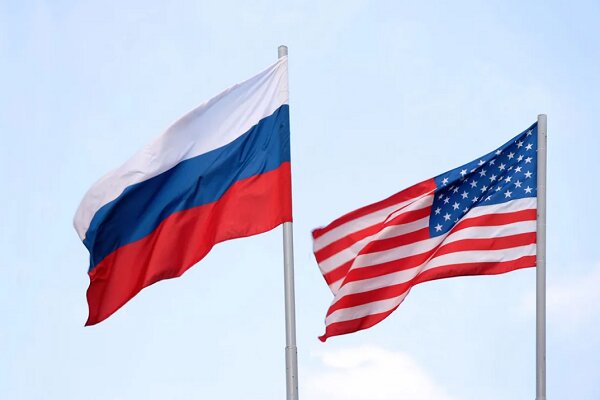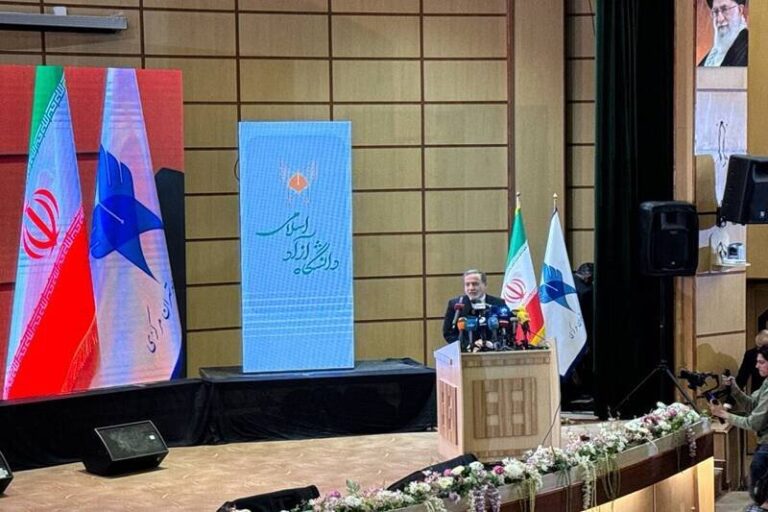Gaza Kicks Off Ambitious Polio Vaccination Drive for 600,000 Children
A significant polio vaccination campaign has commenced in Gaza, targeting around 600,000 Palestinian children under the age of 10. This initiative aims to combat the resurgence of polio and is backed by multiple organizations including the Gaza Health Ministry, the World Health Organization (WHO), UNICEF, and the United Nations Agency for Palestinian Refugees (UNRWA).
The campaign was officially launched on Saturday, with UNRWA Commissioner-General Philippe Lazzarini stating, “Another large-scale vaccination campaign against polio started on Saturday.” He emphasized the goal of reaching nearly 600,000 children across the Gaza Strip, highlighting a robust effort to protect the region’s youth.
Key details about the polio vaccination campaign include:
- Collaboration: The campaign is a joint effort involving the Gaza Health Ministry, WHO, UNICEF, and UNRWA.
- Participation: Over 1,700 UNRWA team members will be actively involved, working through health centers and mobile vaccination points.
- Duration: The vaccination drive is planned for three days, with a possibility of extending it for an additional two days if required.
- Health Concerns: The Health Ministry initiated this campaign due to concerns over the discovery of polio traces in sewage systems.
The urgency of this campaign follows the confirmation of the first polio case in Gaza, reported in August 2024, involving a 10-month-old child. This alarming discovery led to the initiation of the first vaccination efforts amidst ongoing conflicts in the region. The initial vaccination campaign was carried out in two phases starting in September, coinciding with escalating tensions.
WHO Director-General Tedros Adhanom Ghebreyesus provided insights into the vaccination phases, stating that the first phase successfully immunized over 560,000 children by September 12. The second phase, which concluded on November 7, saw the vaccination of 556,774 children under 10 years old across the Gaza Strip.
According to the UN, it is crucial for children in Gaza to receive two doses of the oral polio vaccine to ensure comprehensive protection against the disease. The ongoing polio outbreak is one of the many health challenges exacerbated by the military conflict, which has been ongoing for over 15 months, culminating in a ceasefire that took effect on January 19.
The polio vaccination campaign is not just a health initiative; it represents a broader effort to safeguard the well-being of children in a region facing significant adversity. The involvement of international organizations underscores the importance of collaborative efforts in public health, particularly in areas severely impacted by conflict and instability.
Vaccination Importance: Ensuring that children are vaccinated against polio is vital for the following reasons:
- Preventing Outbreaks: Vaccination is essential to prevent the spread of polio and protect future generations.
- Public Health Security: Protecting children from polio contributes to overall public health security in communities.
- Building Immunity: Achieving widespread immunity within the population helps to eliminate the virus.
As the campaign progresses, health officials remain vigilant, monitoring the situation closely to address any emerging health threats. The commitment to vaccinating children against polio reflects a dedication to improving health outcomes and safeguarding the future of Gaza’s youth.
In conclusion, the large-scale polio vaccination campaign in Gaza represents an essential step towards ensuring the health and safety of children in a region grappling with numerous challenges. The collective efforts of local and international organizations highlight the significance of vaccination as a critical tool in public health strategy, particularly in areas affected by conflict.
